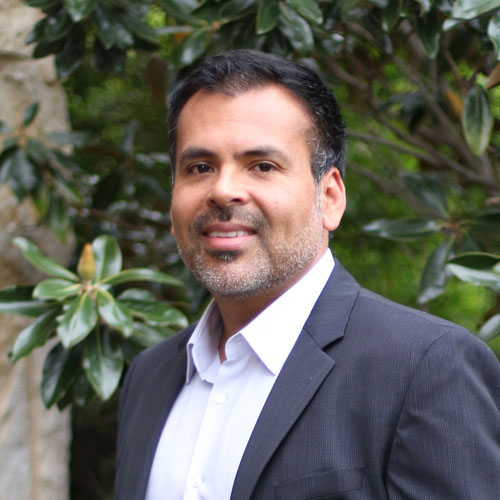
When the Environmental Protection Agency (EPA) releases tougher standards for auto pollutants, carmakers are forced to find solutions to further reduce the emissions of the automobiles they manufacture—generally met by using more precious metals in the catalytic converter.
Clean Diesel Technologies, Inc. (CDTi) develops better solutions. Most catalytic converters currently on the market rely on precious metal components to convert toxic exhaust gases to non-toxic gases, but CDTi is making a big bet on a proprietary clean emissions exhaust technology that will “dramatically reduce the cost of attaining more stringent clean air standards,” says general counsel and VP of administration Pedro J. Lopez-Baldrich.
It is a mid- to long-term bet. Starting in 2017, the EPA will kick in Tier 3 of its Vehicle Emission and Fuel Standards Program, further slashing light vehicle pollutant standards by 70 to 80 percent. The EPA’s program will give CDTi an even bigger cost advantage, according to Lopez-Baldrich.
The company filed more than 60 patents last year to secure its lead in high-efficiency catalyst products. “The success of having a patent advantage shows that we are on a path to be able to better engage in the marketplace,” Lopez-Baldrich explains. “By developing a patent portfolio, the idea is that people will be interested in licensing opportunities and maybe co-developing with us.”
Started by a group of material-science postgraduates two decades ago, CDTi holds an array of cutting-edge innovations and is now developing strategies to monetize them. Lopez-Baldrich leads the team that structures patents, unlocking a vast market in licensing the proprietary technology.
The company’s newest breakthrough technology platform has the potential to reduce or even eliminate the need for expensive platinum group and rare earth metals used in catalytic converters. CDTi calls the technology Spinel.
Spinel intends to solve a dependency on foreign-sourced metals, which are expected to dramatically increase in demand and cost in the near future. Carmakers spend billions of dollars annually on platinum group metals mined in South Africa and Russia and for Chinese-sourced rare earth metals used in the manufacture of catalytic converters. CDTi’s Spinel technology boasts a formula that contains very small amounts of precious metals in the catalyst, which coats the honeycombed ceramic substrate inside of a catalytic converter.
“This technology . . . will help alleviate emission and pollution issues around the world.”
Lopez-Baldrich, who has traveled extensively in Southeast Asia and South America throughout his career, says the technology carries major advantages beyond the US market. “It has a very strong environmental message behind it,” he says. In countries like Thailand and Chile, Lopez-Baldrich saw pollution coming from cars because emission regulations had not been implemented due to costs. The EPA calculated that automobiles cause more than half of the air pollution in the US, while the World Health Organization pointed to car exhaust as a major lung cancer trigger. “This technology is expected to reduce the catalyst cost, arguably making it more affordable for carmakers. It will help alleviate emission and pollution issues around the world,” Lopez-Baldrich says.
As general counsel for the Oxnard, California-based manufacturer and technology development company, Lopez-Baldrich works with engineers to identify key technology for licensing potential. The company still has a long way to go to release the bulk of its research and development into the market, but with foundational patents, CDTi is underway testing the application on vehicles and gleaning data that is expected to present carmakers with long-term solutions and alternatives to relying heavily on expensive precious metals.
Lopez-Baldrich, who joined CDTi in 2013, says he was attracted to the company’s positive environmental impact. Prior to joining CDTi, Lopez-Baldrich led the legal department for Patagonia, the California-based outdoor retailer with a rising voice in environmental protection. He recalls feeling pride when the management of Patagonia walked away from many business opportunities purely because they would have negative impacts on the environment.
“Through that experience, I realized that having environmental consciousness is really important to me,” he says. Lopez-Baldrich would love nothing more than to be part of a major movement in helping to protect the atmosphere and believes CDTi technology will be a key factor in that movement.

